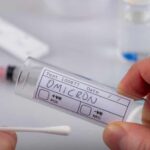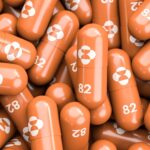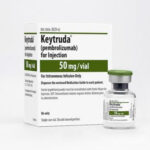What The World Now Knows About Omicron Subvariants

As the Coronavirus pandemic continues to mutate, a new version of the omicron variant known as BA.2, has been reported in 40 countries, The Washington Post reported this week.
The World Health Organization said on January 21st that the omicron variant comprises four lineages — B.1.1.529, BA.1, BA.2, and BA.3 — with the BA.1 sublineage accounting for the most infections thus far.
The organization encouraged researchers to prioritize investigating BA.2’s characteristics to see if it poses new challenges but said no evidence suggests it is more virulent, spreads faster, or escapes immunity better than BA.1, the Post reported on January 24th.
Seven things to know:
1. BA.2 has been referred to as the “stealth omicron” variant by some scientists because it has genetic traits that make it more difficult to identify on PCR tests.
2. In a Jan. 24 briefing, the director-general of the World Health Organization said global conditions remain ideal for new variants to emerge.
3. The United Kingdom Health Agency designated the subvariant a “variant under investigation” on Jan. 21.
4. Forty countries have reported 8,040 BA.2 sequences to GISAID, a global data-sharing platform for viruses, since Nov. 17, according to the United Kingdom Health Agency.
5. Health officials in Denmark said on Jan. 20 that the new subvariant accounts for more than half of the country’s omicron cases.
6. Danish researchers said initial analysis shows no difference in hospitalizations, and they are expecting the vaccines will “have an effect against severe illness.”
7. Twenty-two states in the U.S. are reporting cases of BA.2, Newsweek reported Jan. 25.





